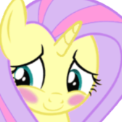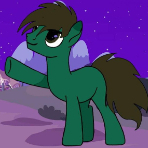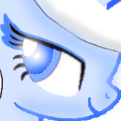What character is a stereotype?
-
Similar Content
-
- 108 replies
- 6,624 views
-
- 0 replies
- 369 views
-
- 30 replies
- 3,116 views
-
- 15 replies
- 1,737 views
-
general media What are your absolute favorite fictional characters ever? 1 2 3 4 5
By GuillermoGage,
- 122 replies
- 16,324 views
-
-
Recently Browsing 0 members
- No registered users viewing this page.



.thumb.png.83e037ba7e453fda3377d3d6caa2743d.png)



Recommended Posts
Create an account or sign in to comment
You need to be a member in order to leave a comment
Create an account
Sign up for a new account in our community. It's easy!
Join the herd!Sign in
Already have an account? Sign in here.
Sign In Now